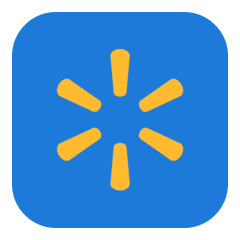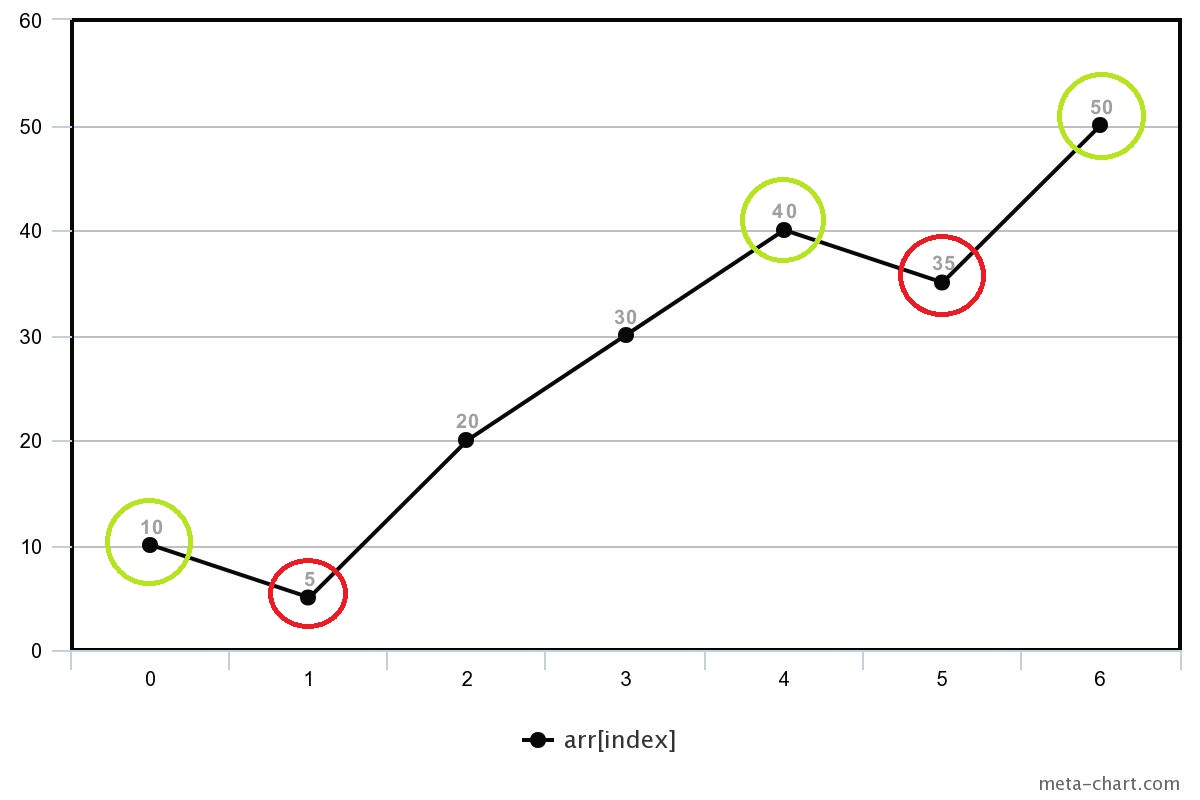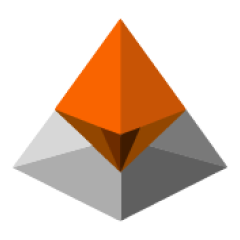Uber interview experience Real time questions & tips from candidates to crack your interview
SDE - Intern
Uber
4 rounds | 7 Coding
problems
Interview preparation journey
Journey
I started coding in 2nd year of college, I also participated in lots of coding contest in almost every coding platform which gives me a confidence. So my suggestion is to do participate in every coding contest.
Application story
I got this opportunity via on campus. I answered very well in my interview and i was very truthful about my project explanation and don't try to copy paste your project if u haven't done it by your own.
Why selected/rejected for the role?
I got selected for the software development role because I gave my answer very well and the interviewer was very satisfied with all of my answers. Also if was not knowing the answer i told directly i don't know .
Preparation
Duration: 2-3 months
Topics: Data Structures, Algorithms, Operating Systems, OOP, some basics of DBMS but I don't feel it was much required for an intern role interview
Tip
Tip 1 : Try to learn DS+Algorithms from the basics in the starting phase of your preparation. Though, in the later stages of the preparation, some cramming can be employed for the problems generally asked in the interviews (but that too with proper understanding)
Tip 2 : Don't forget to prepare topics like OS and OOP. Although I was not asked much about these topics but my friends were asked some questions from these topics. These topics can be prepared in 2-3 days from YouTube itself.
Tip 3 : For an intern role interview, 2-3 projects including the college projects should be enough. You should be prepared to explain your project answer the basic questions like the approach which you followed, the problems you faced during the project, etc.
Tip 4 : If possible you can have a prior intern experience as well, but one thing for sure, preparing DS+Algorithms is much more important than this.
Application process
Where: Campus
Eligibility: 8 CGPA
Resume tip
Tip 1 : Writing things which you don't know about properly won't give you much benefit. Rather, they can get you into problem if asked about them.
Tip 2 : Writing much about the things like extra curricular activities in the resume for software roles don't give you much benefit in my opinion. Though I wrote 2-3 PORs which had.
Tip 3 : Trying to make your resume longer unnecessarily won't give you any benefit.
Interview rounds
01
Round
Medium
Online Coding Interview
Duration90 minutes
Interview date8 Aug 2020
Coding problem3
There were a total of three questions of 100, 200, and 300 points respectively. Partial points were given if partial tests got passed for any problem. The Codesignal environment was similar to Hackerrank, so not much different. I think the test was held in the afternoon time.
1. Kadane's Algorithm
Moderate
25m average time
75% success
0/80
Asked in companies



A sub-optimal code was given in the problem. We had to understand what the code does and then write an optimal code which does the same thing. So the code was for finding the maximum sum subarray which can be done with Kadane's algorithm in O(n).
2. Game of stones
Easy
15m average time
85% success
0/40
Asked in companies



Given the count of total stones in a game. Two-player ‘Ale’ and ‘Bob’ are playing the game. Your task is to find who will win the game if both the players are playing optimally.
Rules of the game.
1. In a single turn, a player can choose a single stone or ‘even’ number of stones.
2. They will play alternatively, which means in the first chance ‘Ale’ will collect the stones, in second-chance ‘Bob’ will collect the stones. And always ‘Ale’ will start the game.
3. If any player is not able to take any stones then another player will win the game.
3. Return subsets sum to K
Moderate
40m average time
75% success
0/80
Asked in companies



Given an integer array 'ARR' of size 'N' and an integer 'K', return all the subsets of 'ARR' which sum to 'K'.
Subset of an array 'ARR' is a tuple that can be obtained from 'ARR' by removing some (possibly all) elements of 'ARR'.
Note :
The order of subsets is not important.
The order of elements in a particular subset should be in increasing order of the index.
02
Round
Medium
Video Call
Duration60 minutes
Interview date13 Aug 2020
Coding problem2
This round was a video call round held on Zoom and the Codesignal platform was to be used for coding the problems. The round started with the interviewer giving a small introduction about him and then asking me to introduce myself.
1. Rotting Oranges
Moderate
20m average time
78% success
0/80
Asked in companies


You have been given a grid containing some oranges. Each cell of this grid has one of the three integers values:
Every second, any fresh orange that is adjacent(4-directionally) to a rotten orange becomes rotten.
Your task is to find out the minimum time after which no cell has a fresh orange. If it's impossible to rot all the fresh oranges then print -1.
Note:
1. The grid has 0-based indexing.
2. A rotten orange can affect the adjacent oranges 4 directionally i.e. Up, Down, Left, Right.
2. Find Indices For Local Minimas and Maximas
Easy
10m average time
90% success
0/40
Asked in companies



Given an array “arr” of “N” integers. Your task is to find and return all the indices of local minima and local maxima in the given array. You need to return the indices in a 2-D list where the first(0th) row denotes the indices of local minima and the second row denotes the indices of local maxima. In case if there is no local minima or maxima return -1 as the only row element.
We say that an array element arr[i] is a local minimum if it is less than to its neighbours, and local maximum if it is greater than to its neighbours.
Note:
For corner elements, we need to consider only one neighbour for comparison.
For Example:
For the given array : 10 5 20 30 40 35 50

The red circle at index 1,5 are local minima because elements at index 1, and 5 both are smaller to its neighbours.
The green circle at index 0,4,6 are local maxima, because element at index 4 is greater than its neighbours, and element at 0, and 4 are corner elements and also greater than its one neighbour.
03
Round
Medium
Video Call
Duration60 minutes
Interview date13 Aug 2020
Coding problem1
The setup was exactly similar to the first interview round. The interviewer was very friendly. My advice will be to see the interviewer as a team mate and think you have to solve the question together with him. Don't panic and start speaking out what observations you can make about the problem.
1. Sort by Kth bit
Easy
15m average time
90% success
0/40
Asked in companies



You are given an array/list ‘ARR’ of ‘N’ positive integers and an integer ‘K’. Your task is to group all the array elements with ‘K-th’ bit (rightmost bit is ‘1st’ bit) equal to 0 followed by all the elements with ‘K-th’ bit equal to 1.
Note 1: The relative order inside both the groups should remain as it was in the input.
Note 2: You have to return the modified array/list..
For Example :
If ‘ARR’ is {1,2,3,4} and ‘K’ = 1, then after modification, ‘ARR’ should be {2,4,1,3} because ‘K-th’ (‘K’ = 1) of {2,4} is 0 and ‘K-th’ bit of {1,3} is 1.
04
Round
Medium
Video Call
Duration60 minutes
Interview date13 Aug 2020
Coding problem1
It was already night time till this interview started because all the three interview rounds were held on the same day. This was not a DS+Algorithms round. He first asked me to introduce myself. So I started by telling what all I have done in my college up till now and then I told him about my internship experience at myKaarma which just ended few days back. There was around 10-15 minutes discussion on what I was working on in my intern project.
1. System Design
This was not exactly a system design question but he asked me how can I design a platform which can be used by political parties to do online campaigning. It was a very open ended question. Actually I didn't exactly know how to answer such type of questions so I just blabbered some things like we can introduce a polling feature which can be used to know the interests about the people on what they want from their government. I was not exactly clear about what I was saying. Actually the interviewer seemed to be pretty happy with the discussion of my internship at myKaarma so I think this question was just asked as some time was left.

Here's your problem of the day
Solving this problem will increase your chance to get selected in this company
Skill covered: Programming
What is the purpose of the return keyword?
Choose another skill to practice
Similar interview experiences
SDE - Intern
3 rounds | 5 problems
Interviewed by Uber
1880 views
1 comments
0 upvotes
SDE - Intern
3 rounds | 4 problems
Interviewed by Uber
0 views
0 comments
0 upvotes
SDE - Intern
2 rounds | 5 problems
Interviewed by Uber
955 views
0 comments
0 upvotes
SDE - Intern
2 rounds | 5 problems
Interviewed by Uber
1078 views
0 comments
0 upvotes
Companies with similar interview experiences
SDE - Intern
3 rounds | 6 problems
Interviewed by Amazon
15556 views
4 comments
0 upvotes
SDE - Intern
4 rounds | 7 problems
Interviewed by Microsoft
15417 views
1 comments
0 upvotes
SDE - Intern
2 rounds | 4 problems
Interviewed by Amazon
10180 views
2 comments
0 upvotes




